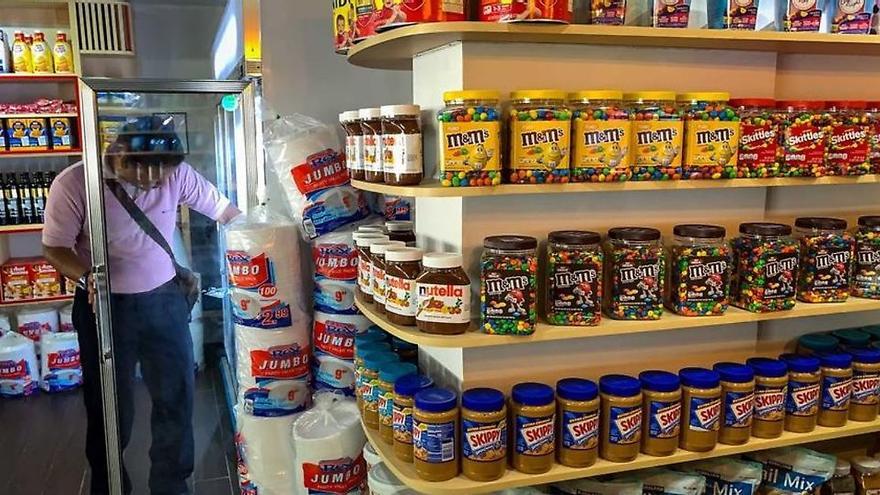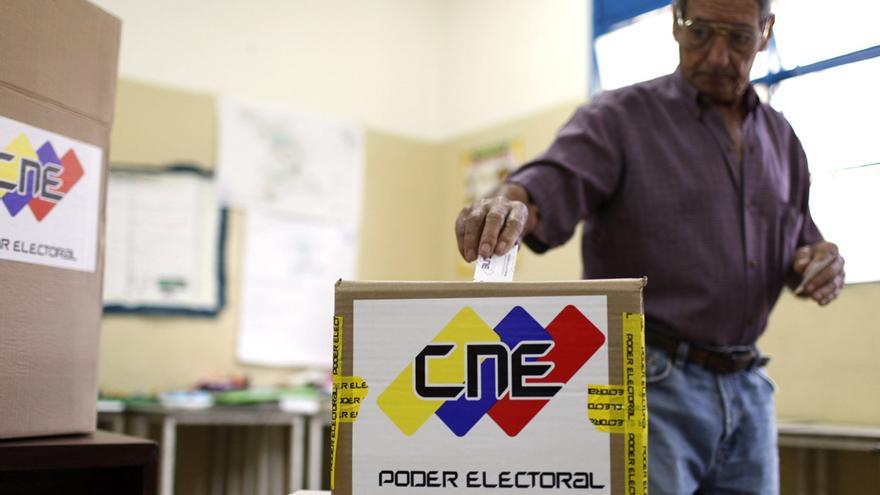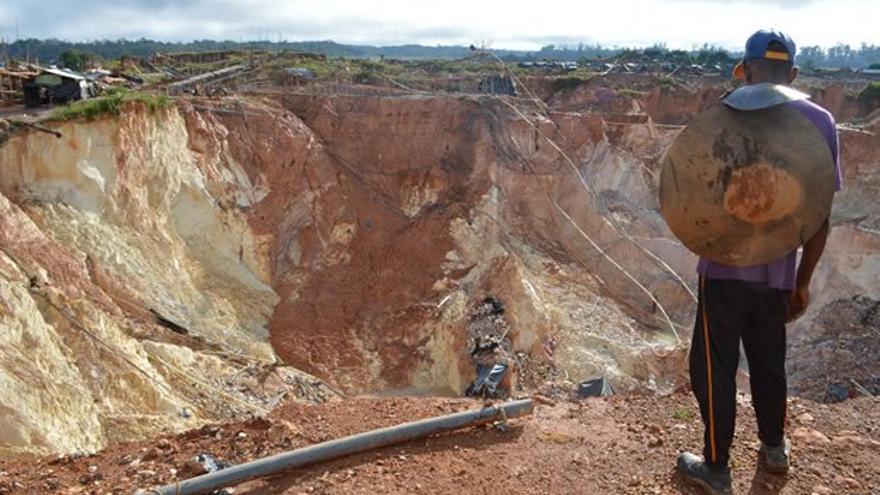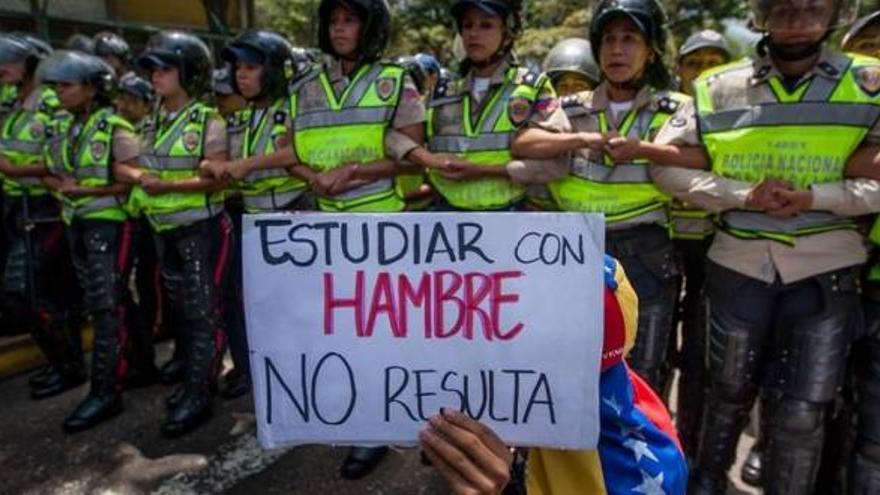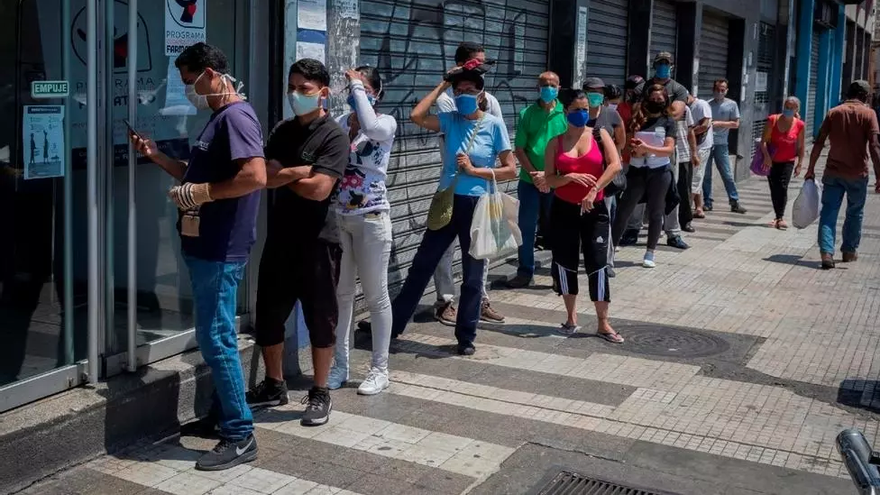
![]() 14ymedio, Miguel Henrique Otero, Madrid, April 12, 2020 — Just this past week, the Economic Commission for Latin America and the Caribbean (Cepal) has put into circulation number one of a special report dedicated to the economic and social impacts of COVID-19 in the region.
14ymedio, Miguel Henrique Otero, Madrid, April 12, 2020 — Just this past week, the Economic Commission for Latin America and the Caribbean (Cepal) has put into circulation number one of a special report dedicated to the economic and social impacts of COVID-19 in the region.
It’s a disturbing document: starting with evaluating the direct effects on health systems and the indirect effects on supply and demand, it suggests the imminence of enormous negative effects, in the short term (unemployment, decreasing income and salaries, growth of poverty and extreme poverty, negative effects in the health systems, among them, the extremely grave inequality of access), as well as the medium and long term (downward economic growth, reduction of investment, bankruptcy of businesses, deterioration of productive capacities and more).
Cepal warns with stark clarity: “distancing generally implies the deceleration of production or even its total paralysis.”
After making a useful and summary tour of the global economic trends, on reviewing the perspective of the region, Cepal warns that the contraction of the regional GDP could reach 3% or 4%, and could even be worse. continue reading
The document notes five “external channels of transmission:” decrease in economic activities of commercial partners, fall in prices of basic products (the example of oil is the most visible of all), disruption of supply chains, drop in the tourism industry (which is also, for countries like France, Italy, Spain, and England, extremely costly), and the growth of “risk aversion and worsening of worldwide financial conditions.”
It adds a fundamental issue: that the sectors most affected by social distancing and quarantine, those that depend on contacts between persons, like commerce, transport, and services of a distinct nature — generate 64% of formal employment.
Issues like the limited levels of Internet access, the precariousness of healthcare systems, the multiple failures of educational systems, the disproportionate percentages of informal employment, the extensive sectors of the population who live in poverty and extreme poverty, the high levels of social vulnerability, and many others, are elements that form a scenario of vulnerability, for the possible damage that COVID-19 could cause (only alleviated by the fact that the majority of the population of Latin America and the Caribbean is made up of children and young people), as well as for the negative economic and social effects.
But if this is the menacing prospective that the study of trends produces for the region, it is valid to ask, for the state of things in Venezuela — now only comparable, according to experts’ criteria, to the historic situation of misery in Haiti — as well as the available resources of the country destroyed by Chávez and Maduro, what to do to confront a pandemic that has been capable of putting in jeopardy the best healthcare systems in the world, like those of Spain, the United Kingdom, and some regions of the United States.
The results of the National Survey of the Impact of COVID-19, done by the National Commission of Health Experts to Confront the Coronavirus Pandemic, created by the interim president, Juan Guaidó, are terrifying. Simply terrifying.
I note several figures which report on the reality suffered by millions of families all throughout Venezuelan territory: 87.7% do not receive reliable electricity service, but rather the opposite with frequent failures, surges and drops and powers. Something else: almost 3% of the population receives no electricity service.
Almost 18% of homes are victims of what, right now, is much more than a failure of service: it can be considered a crime against life. I refer to the lack, for prolonged periods of time, of potable water, the most essential of resources necessary for combating contagions. But there is more: another 75.1% receive water in an irregular manner and, more importantly, water of low quality.
And what to say of public transit, which half of the citizens absolutely lack, and the other half has access to one that is costly, negative, and irregular? What to say, at this time in Venezuelan life, on the threshold of an epidemic that can have disastrous consequences, that ours is a country without fuel, that the Latin American nation that was the paradigm for its oil industry, and that had a capacity in place to produce a million and a half barrels of fuel every day, can today barely supply fuel to less than 1% of the population, and that its refineries are almost totally paralyzed?
And I still must note an inescapable reality: the situation of the hospitals, where doctors, paramedics, and health workers are absolutely exposed, without resources to protect themselves, as defenseless as their patients, who come to the health centers that have no water, nor constant electricity, nor medical technology, nor equipment, nor supplies of any kind, nor medicine, nor gloves, nor masks, nor body protection, nothing.
If to this whole panorama we add that the Maduro regime’s only response is detaining and persecuting political leaders of the democratic opposition and journalists, for the fact of reporting and denouncing what is happening, then the scenario that could ensue in Venezuela could be simply devastating. And that, because essentially, Maduro and those who surround him are drastically accelerating it: the even greater decimation of the Venezuelan citizenry.
Editors’ note: Luis Henrique Otero is director of the Venezuelan newspaper El Nacional.
Translated by: Sheilagh Herrera
______________
COLLABORATE WITH OUR WORK: The 14ymedio team is committed to practicing serious journalism that reflects Cuba’s reality in all its depth. Thank you for joining us on this long journey. We invite you to continue supporting us by becoming a member of 14ymedio now. Together we can continue transforming journalism in Cuba.

